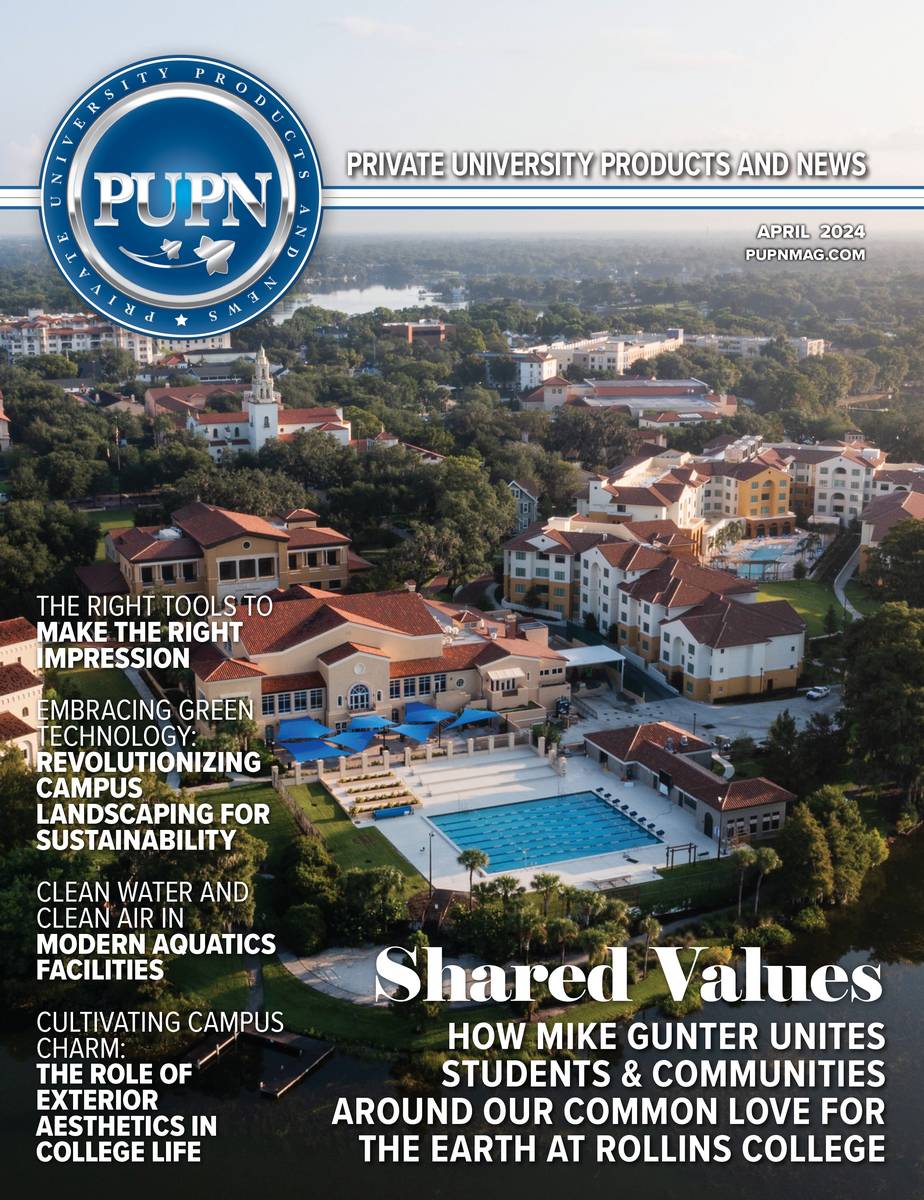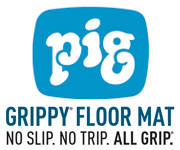Learning Together at St. John’s
St. John’s has two campuses; David began as a tutor at the Santa Fe campus and currently teaches in Annapolis. All students at St. John’s follow the same course of study; this “new program” was founded in 1937—at the height of the Depression. After World War II, the school has grown slowly to its present size of around four hundred undergraduate students. The students take four years of seminar classes, which are driven by reading original texts across the liberal arts disciplines. The college has no departments and no ranked faculty; the professors—called tutors—are expected to lead seminars in all areas of the curriculum. Tom May, tutor emeritus, says that the program offers “an intensive and heady experience” through its emphasis on discussion. St John’s tutors believe that they also have something to learn from the questions of those who are reading the material for the first time; Tom states that “David embodies that respect and attentiveness” and that this work “requires as much imagination and heart as it does mind.”
Association of Graduate Liberal Studies Programs
St. John’s is a charter member of the Association of Graduate Liberal Studies Programs (AGLSP), which was founded about thirty-five years ago. According to its website, the AGLSP is “the professional organization of academic programs providing graduate interdisciplinary education in the liberal arts and sciences.” David was given AGLSP’s 2020 Annual Faculty Award, having been nominated by Emily Langston, Associate Dean for Graduate Programs at St. John’s. Emily explains that David has “More patience with difference, more willingness to see things from other perspectives” than “anyone she knows.” She mentions the constant demand for opportunities to study with David; he is “incredibly generous with his time and experience” but also willing to teach and learn new things. Emily nominated David for the award because he is the most involved in the Master’s of Liberal Arts program and also because of his work in the non-credit lifelong learner programs at St. John’s.
The Graduate Institute at St. John’s offers three programs: Master of Arts in Liberal Arts, the Master of Arts in Eastern Classics, and the Liberal Arts Education Certificate, along with a combined MA/JD degree program with the University of Maryland Carey School of Law. According to Tom, David has taught every class in the master’s program (as well as almost every undergraduate course); he is also “much sought after” as an advisor and director of the master’s essay. David is happy to go beyond work that he already knows, and he expresses delight in working with students whose material is challenging and interesting, noting that he learns a great deal from such projects.
Grad students at St. John’s range in age from their twenties to their seventies; Tom says that this mix of experience and backgrounds makes for rich discussions. For example, Tom explains, reading the Iliad with veterans of war makes the content more real and clearly relevant to the present day. Christine Mooradian, Head of Greystone Academy, was a student of David’s, and they now work together on a series of seminars for teachers of classical education; she states that David understands the “importance of the relationship between teacher and student” and that he “lights a fire at any age, recognizing that the spark is in the person.”
Creating a Republic
Christine points out the tremendous service to the community that David provides, noting that “he really cares about getting people to think more deeply and to communicate more humanely.” She says that David refers to the group of students in each seminar as a “republic” and that he has a “real sense of being an American; he understands that—to have a republic—people must listen to those with whom we disagree.” She goes further to note “If anything will save our country, it will be through this kind of work” and “David provides people the ability to rule themselves because they have explored and sifted these ideas to guide their decisions and behaviors.”
Joanna Tobin, President of the Board of Education of Anne Arundel County, has worked with David in a variety of ways over the years: she was one of his master’s students—David was on her thesis committee—they were later colleagues for a time at St. John’s, and they have co-taught many times together at the Aspen Institute. She observes that David “takes the experiment of the republic very seriously.” David reports that he works to cultivate a sense that a republic is, in essence, a group of people who can listen to one another, explore ideas together, disagree with one another, and allow multiple viewpoints. He tells students in each seminar that “we’re forming a small republic, and a republic is only as good as its citizens—and it’s not an autocracy or tyranny.” He notes that exploring a text together offers a foundation for civil discourse and a civil society, saying that there “wouldn’t be an America without these values, and it is still an experiment.”
Seminar Guide
Seminars at St. John’s are typically led by two tutors, with eighteen students enrolled.
Author Sara Taber, who has attended “all sorts” of community seminars for years, describes how seminars typically begin: with an opening question. A tutor may read a passage from the assigned text, then offer an opening question springing from the passage. Alternatively, the tutor may ask each participant to offer their own opening questions. The tutors then stay quiet, allowing the conversation to develop and tossing in another question to shift the conversation or get another perspective when needed. Sara says that David embodies “artful mastery of such guidance.” In addition to the seminars he leads for students at St. John’s, David holds seminars for the community, including yearlong, weekend, and summer options. According to Christine, David communicates to each class that everyone in the group has to “work together to draw out the truth and enlightenment” from the text. David’s seminars have spanned a wide array of topics, including “Liberty, Justice, Equality,” “Beauty, Goodness, and Truth,” the Aeneid, James Joyce, Beowulf, Frederick Douglass’ Narrative, Italian neorealism, and the list goes on. The current topic for the Year of Classics is “Joy,” and readings range from the Christian Bible to Shakespeare to Mary Oliver; as David notes, the “life of the mind can be source of great joy.”
As Christine states, these community seminars “feed so many people; they’re always full.” Sara adds that “people from all kinds of backgrounds come,” and they “freely, comfortably, and civilly talk about great books.” In discussing his approach, David remarks that “everyone is invited into a common sense that they can learn together, listening to each other and disagreeing civilly.” This model, Christine observes, demonstrates “openness to every idea and a sense that everyone is needed to build a full understanding of the text.” Similarly, Sara notes the “atmosphere of complete non-judgement and openness to all points of view that is vastly democratic”; she adds that David also “keeps an eye out to make sure that airtime is shared so that every perspective is offered.” Hydee Schaller, retired Director of the Mitchell Art Gallery, says that “Many tutors are adept at facilitating conversations, but David is exceptional, making it accessible for everyone.”
One particular aspect that Sara points out is that, by focusing solely on the assigned text, tutors keep the “people on an equal playing field; it doesn’t allow pontificating.” She also remarks that “In an ordinary situation, the people in the group might not get to know one another, but in the seminar, they are “friends trying to figure out the world.” David has helped to begin a variety of seminar programs, such as the Touchstones Discussion Project, whose goal was to have these sorts of discussions in public schools; he says this program currently continues as a non-profit. He was also involved with beginning a seminar series at Jessup Correctional Institution, a maximum security prison in Maryland; the series has now evolved to a GED program. He has even done seminars with the Baltimore Police Academy in which they read the Federalist papers.
Faculty Leadership Seminars
Joanna describes the faculty seminars that she and David co-taught through the Aspen Institute, with additional funding from the American Association of Colleges and Universities. She states that this series is “unlike anything else”; it was essentially a leadership seminar—as are all Aspen seminars—focused on “reading things and talking about them.” These seminars were “geared to helping faculty across disciplines” who came from a mix of schools—community colleges to high-prestige universities, young and seasoned scholars—with forty to sixty participants divided into three cohorts. The over-riding question at the heart of their work was “What is education for in a Democracy?” Joanna perceives that “for so many faculty, these events were life-changing.” They had an opportunity to read and think—not produce, not be experts—to read, respond, evaluate ideas, talk about them. David notes that instructors “are often more interested in showing what they’ve learned than in learning,” but in this setting, Joanna reports, faculty members said things like “I never saw [a situation] that way; I never asked that question” and “I’m remembering why I got into this work.” The afternoons were free; the down time provided space for conversations to build on what had emerged in the morning seminar. As a result, Joanna notes, “these events supported their intellectual work as whole humans.”
Core Values and Meeting the Current Time
David’s colleagues all agree that he is beloved by students on campus and in the community. Hydee says that David has a “devoted following of students who are loyal” because of his “deep caring for fellow humans” and his ability to “create community.” Christine says that David is “dearly loved” by his students; they seek his comments on their papers and “clamor” to become one of his master’s students. Emily says that David is “absolutely indefatigable” and that his “love of engaging with texts is infectious.” She goes on to say that every class and seminar he offers “fills up immediately; he is popular because he provokes so much thought” and “allows the richness of his own experiences to inform the reading and support multi-layered, multi-faceted conversations.”
He also contributes to campus life outside of the classroom. Christine says that David “shows up to everything—every event that students do.” As an example, she describes a recent afternoon art show at which her son played drums for the jazz band. Similarly, Hydee says that David is “always willing and able to step up and offer a book club, seminar, or lecture” in conjunction with various exhibitions at the Mitchell Gallery, which offers four museum-quality exhibitions each year. These events have often tied written texts to the art on display. Hydee appreciates David’s “generosity of time,” noting that he also chaired the Mitchell Gallery advisory committee for several years. Joanna says that “David is a remarkable guy—an extraordinary person who is unbelievably thoughtful and intelligent.” She further explains that “There’s nothing he hasn’t read, nothing he hasn’t thought about; he’s also a gifted, gifted teacher.”
Extending Christine’s point that “people now struggle to communicate civilly,” Joanna says that David’s vision of how education can and should work to mold democratic citizens is needed “more now than ever—to be able to have a thoughtful conversation with a text, a person, an idea—that is a vision David has carried. He is a master.”










